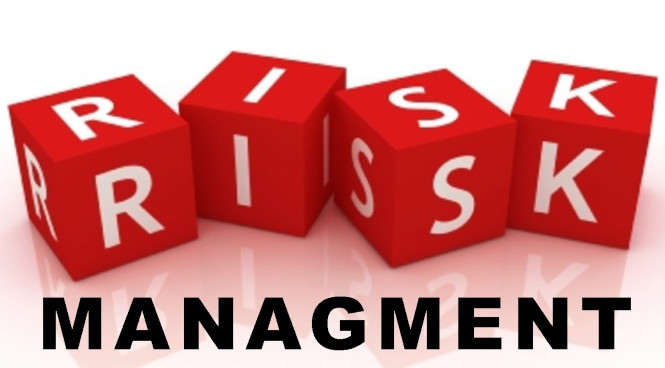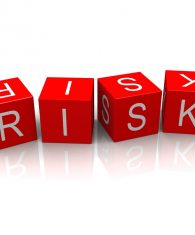MANAGING BUSINESS RISK.
Dear Subscriber,
There is a level of risk in everything we do, from learning to swim to starting a new business venture. In business smart entrepreneurs always identify the risks with the aim of making the best possible choices and in the event that things don’t go as planned? Smart entrepreneurs don’t quit, rather they develop a new strategy from a wiser perspective.
In a world dominated by increasing globalization, rapidly evolving technology and a shifting regulatory landscape, organizations now require risk advisory support before making decisions relating to market entry, employment, partnerships/joint ventures, expansion, competitive tenders etc. This week’s post identifies some potential risks faced by businesses and proffers options on mitigating such risks.
#Strategic Risk
Your business strategy defines what you need to be doing to meet business goals. A lack or failure in strategy usually has disastrous consequences. A classic example is Kodak, which was dominant in the film photography market until when one of its own engineers invented a digital camera in 1975, it saw the innovation as a threat to its core business model, and failed to develop it. Resistance to change and failure to adapt to this innovation eventually pushed it off its dominant position, leaving the space for latecomers like Sony and Canon.
Developing an effective strategy is the role of the Business Owner/ Board and requires constant fine-tuning in line with projections and realities.
#Financial Risk:
What if customers don’t’ patronize my services? What if we don’t get this contract? What if my biggest client goes elsewhere? What if an employee embezzles money? These are some of the questions that agitate the mind of entrepreneurs and as we well know cash flow is the lifeblood of every business. It is thus important that companies manage their financials properly with the help of professionals. It is also advisable but not compulsory to have some funds stashed away which can sustain the business for at least 3-6 months. Businesses should also look at innovative ways to finance their business e.g. supplier credit, installmental payments plans etc. Effective controls should also be put in place to avoid risk of funds mismanagement e.g. A system of double signatories for checks and invoice/payables verification can help prevent embezzlement and fraud.
#Personnel Risks
Have I hired the right people? Can my employees deliver? Are my employees trustworthy? Do my employees have the qualifications they claim? Employees are a key asset in all organisations and yet they also represent one of the greatest sources of risk. Entrepreneurs must put an effective hiring process in place which should include reference checks and background checks. It is also important to communicate the Company’s policies and values to employees through a well-crafted staff handbook.
#Reputational Risk
In business, your reputation is everything. Customers have expectations when they buy products or services, employees have expectations when they accept jobs, vendors have them when they partner with your company, creditors and investors have them, and even regulators have them. A damaged reputation not only affects your revenue but may also impact on the morale of your employees and partners. In this social media age, negative publicity about your company can quickly spread like wildfire if not properly managed.
Threats to a company’s reputation can be managed by being customer-focused; constantly improving processes, products/customer experience and effective public relations management in the event of a crisis.
#Legal Risks
Successful business leaders that have built businesses that withstand the test of time understand this crucial truth: devoting your life, time, passion, and assets to a growing and vibrant business could be for nothing if you are exposed to a fatal legal risk. It is essential you retain the services of an attorney who understands your business, negotiates and drafts your contracts, obtains necessary permits and licenses, pursue claims where there is a breach of contract etc.
TAKEAWAY
These are just a few broad examples but business risk originates from many different sources. The best way for a business to manage risk is to evaluate risk factors, create a risk management strategy and then make contingency plans on how to deal with the risk if it occurs.
The content of this document is solely for information purposes only and should not in any way be construed as a legal opinion. If you require specific legal advice on any of the matters covered in this article please contact a professional.
MOTIVATIONAL VIDEO
We understand how tough it is being in business, so the “IOC Weekly” Editorial Team has decided to add inspiring videos to our weekly articles to juice up your week. We hope it serves the purpose.
Cheers,to a fruitful week.



